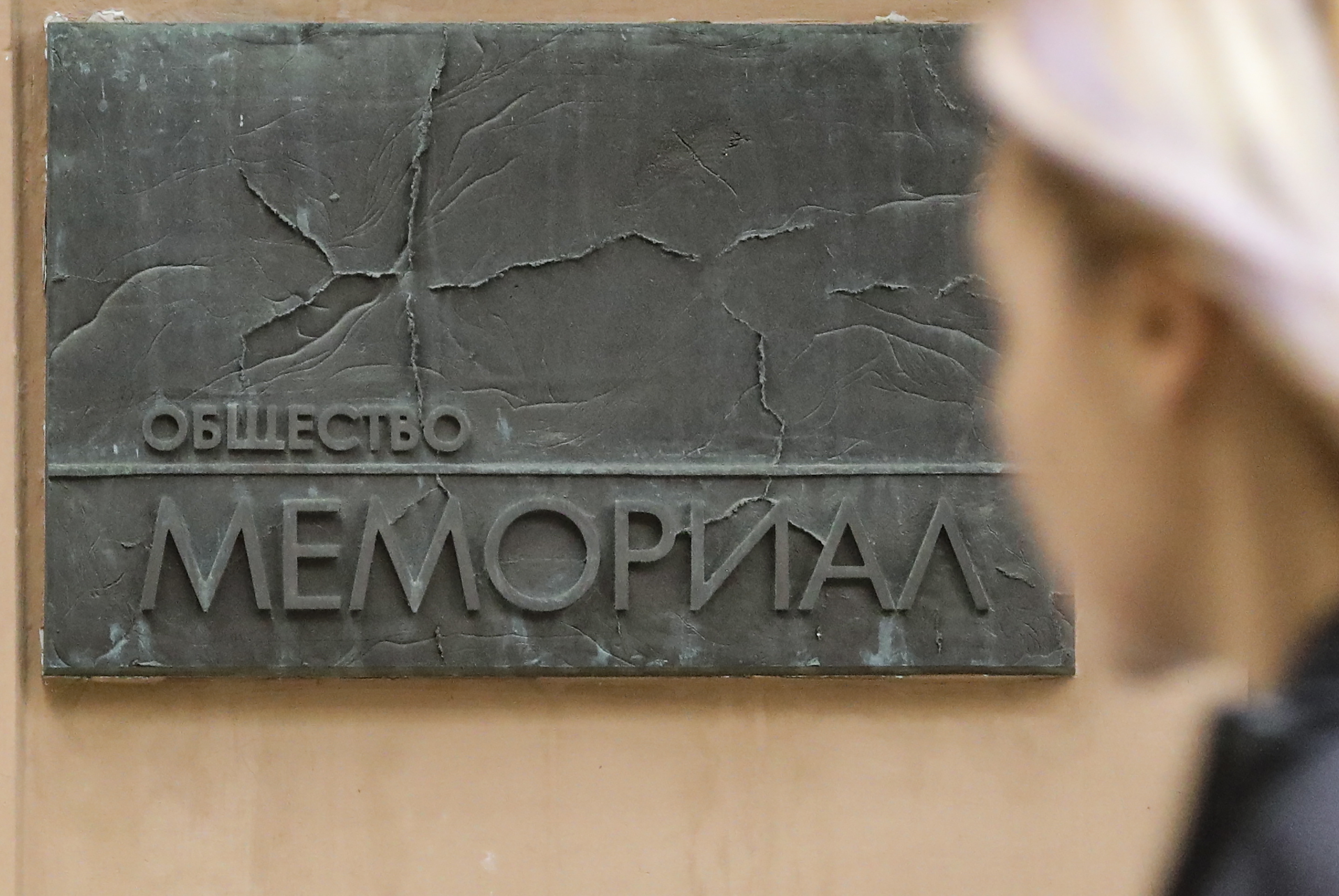Russia
Lost in Memory

FNF Russia in exile in cooperation with the StraightForward Foundation supported the author's fellowship of the book "Lost in Memory: Memorial Society and the Battle for the Russian Past". The book is about the "Memorial Society" - the first civil rights organization in the late USSR, advocating for the rehabilitation and commemoration of the millions of victims of Stalin’s political repression.
Starting out as a small group of educated people in Moscow who shared similar beliefs, Memorial quickly grew into a popular movement. It played a big part in making Soviet society more democratic and eventually helped bring down the Soviet government.
After the Soviet Union ended, new opportunities and challenges emerged for human rights activists. Some thought they could now influence things directly, like opening up state archives and helping Russian society confront its history. But things turned out to be more complex. Some Memorial members entered politics, others criticized the Russian president for actions in Chechnya, and some fought to keep recently opened KGB archives from being closed again.
Memorial's founders initially wanted it to be a social institution, not a political one. But when Vladimir Putin became president, Memorial found itself in a struggle with the state over Russian history. The outcome was predictable: just before Putin ordered the invasion of Ukraine, Memorial was officially banned in Russia. A few months later, it received the Nobel Peace Prize.
Sergey Bondarenko, a key member of Memorial's younger generation of activists and the author of this book, isn't afraid to ask tough questions and rethink the past. Could Memorial have done more to bring transparency, justice, and an end to KGB practices? This beautifully written book features the voices of many Memorial members, but it's more than just their story — it explores how a country's past shapes its future.
Here is an extract from the book:
» After Alexei Navalny, Vladimir Putin's main political opponent, died in a penal colony far above the Arctic Circle in February 2024, people across the country spent days and days carrying flowers to monuments to victims of political repression. They were arrested, the flowers were broken and thrown in the garbage. But people and flowers continued to appear at the monuments again and again. These memorials were erected to commemorate crimes organized and committed by the Soviet state. For many years, they were monuments of warning and, at the same time, a symbol of the informal agreement reached between the state and society: an agreement to recognize the crimes of the past and not to repeat them in the future. In the second half of the 1980s, the idea of installing a memorial to the victims of repression united thousands of people. The idea quickly evolved into something more — a social movement that was named “Memorial”. «
The official publication of the book in Russian is planned for autumn, but you can already download and read the English sample here.